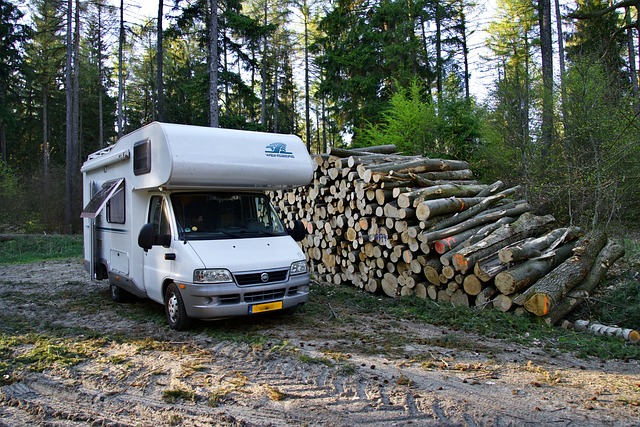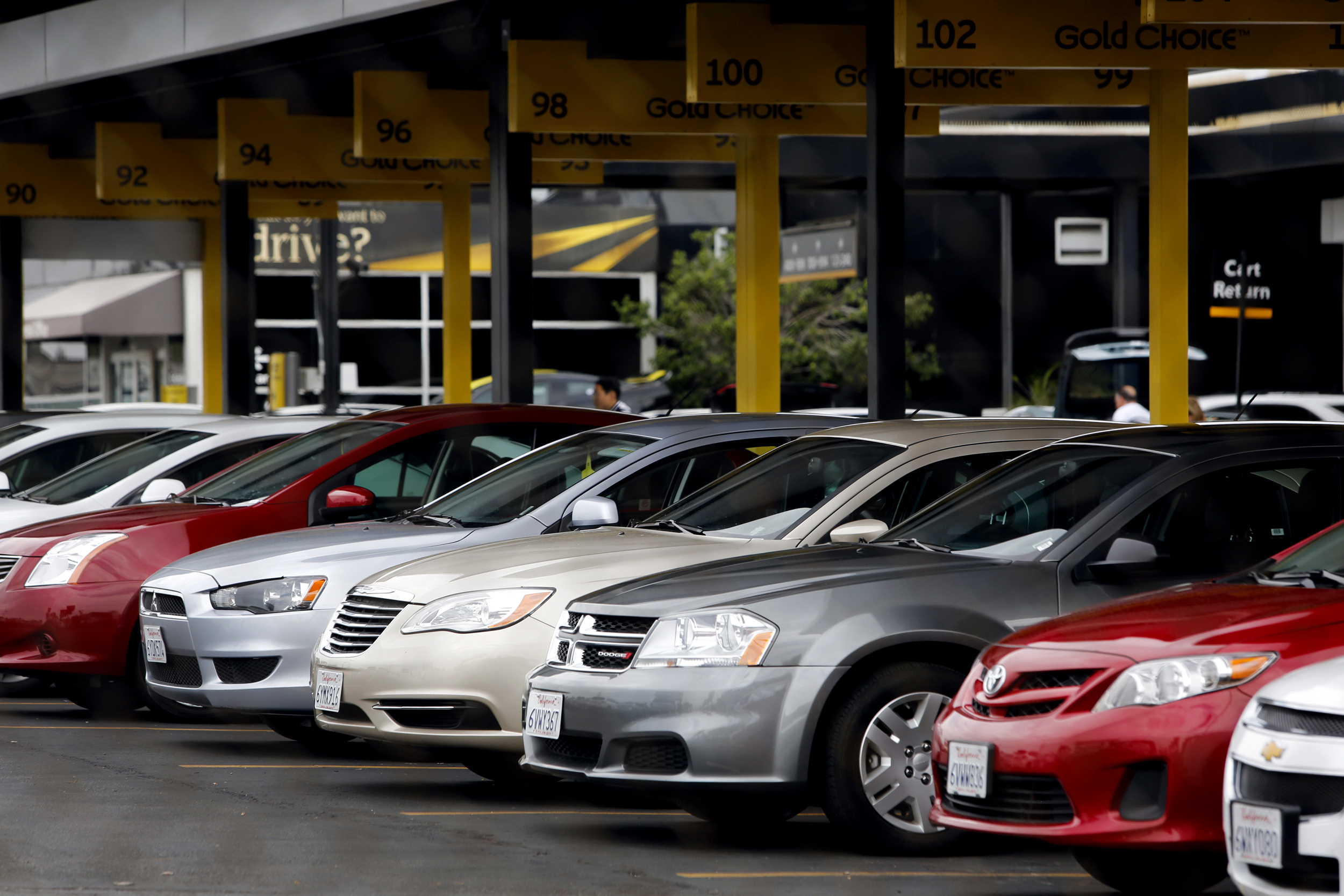Owning a motorhome is a dream many share: waking up in new landscapes, taking spontaneous trips, and having your “home on wheels.” But the price tag and financing mystique often mean that dream seems out of reach. The good news? With the right knowledge, you can make motorhome ownership both realistic and rewarding.
Why Motorhome Financing Is Different
Motorhomes are truly leisure assets. That means lenders often treat them differently from standard cars.
- Longer useful life & depreciation: Motorhomes can last many years, but their resale value can vary widely depending on condition, brand, and mileage.
- Higher costs & complexity: Beyond the purchase price, motorhomes involve utilities, habitation features, emergency repairs, insurance, tax, etc.
- Usage patterns: You might only use it seasonally, which affects how you budget payments.
- Asset exposure: Lenders consider risk, including damage, weather, obsolescence of internal systems, and so on.
Because of these factors, the best motorhome finance deals often come from specialist lenders or brokers familiar with leisure vehicle lending.
Main Finance Options for Motorhomes
There are several ways to finance a motorhome, and each has its own pros and cons.
Hire Purchase (HP) is one of the most straightforward. You put down a deposit, then make monthly payments until the agreement ends, at which point the motorhome is yours. This option is easy to understand and gives you a clear path to ownership, though the monthly costs are usually higher than other options.
Personal Contract Purchase (PCP) works differently. Payments are lower each month, but at the end you’ll need to decide whether to return the motorhome, trade it in, or pay a final “balloon” sum to own it. This is great for flexibility but requires planning for that potentially large end payment, along with keeping within mileage and condition limits.
Leasing or Contract Hire means you effectively rent the motorhome for a set period. This often comes with lower upfront costs and sometimes includes maintenance, but you’ll never own the vehicle, and restrictions on use are strict.
Balloon or Residual Value Finance is similar to HP, but a sizeable lump sum must be paid at the end if you want to keep the motorhome. The appeal is in the lower monthly instalments, but you need to be ready for that final bill.
Personal or Secured Loans allow you to buy the motorhome outright from the start, giving you immediate ownership. While flexible, interest rates can be higher, and lenders may require collateral depending on your credit history.
What Lenders Look For
To secure good terms, lenders usually consider:
- Credit score and history: The stronger your record, the lower your interest.
- Deposit size: A larger deposit reduces risk for the lender and can lead to better terms.
- Usage patterns: Seasonal or high-mileage use impacts depreciation and the lender’s risk.
- Vehicle details: Newer, well-maintained motorhomes are easier to finance than older ones.
- Cash flow and affordability: Lenders will want to know you can comfortably manage repayments.
Hidden & Ongoing Costs You Must Plan For
When budgeting for a motorhome, don’t forget the extras beyond repayments:
- Insurance premiums, which are often higher than those for cars.
- Maintenance and servicing, especially for appliances and habitation systems.
- Depreciation, which varies depending on model and age.
- Storage or winterization, particularly if you don’t use it year-round.
- Running costs such as fuel, campsite fees, utilities, and waste disposal.
- Unexpected repairs or upgrades to keep the motorhome in top condition.
Making Your Motorhome Dream More Affordable
To keep costs under control, consider putting down a larger deposit, balancing the loan term with affordability, and negotiating balloon payments where applicable. Shopping with specialist lenders can yield better offers, and buying a well-maintained used motorhome is often more affordable than buying new. Some owners also rent out their motorhome when it’s not in use, helping offset the finance costs.
How & When to Use Online Finance Tools
Platforms like Auto Finance Online are excellent tools for exploring what’s available. They allow you to compare rates, model repayments, and get a sense of how different finance structures would fit your budget. By testing various scenarios, you’ll enter negotiations better informed and more confident.
Risks & Pitfalls to Watch
It’s important to avoid overstretching your finances. Choose repayments you can handle even during off-seasons when you may use the motorhome less. Don’t underestimate repair and maintenance costs, and remember that resale values can change. Mileage or condition restrictions can also lead to end-of-term penalties, so read the small print carefully.
Final Thoughts
A motorhome doesn’t have to remain a distant dream. By understanding the different finance options, planning for hidden costs, and using tools, you can make motorhome ownership achievable and sustainable. With the right plan in place, your dream of exploring the open road in a home on wheels can become a reality.






